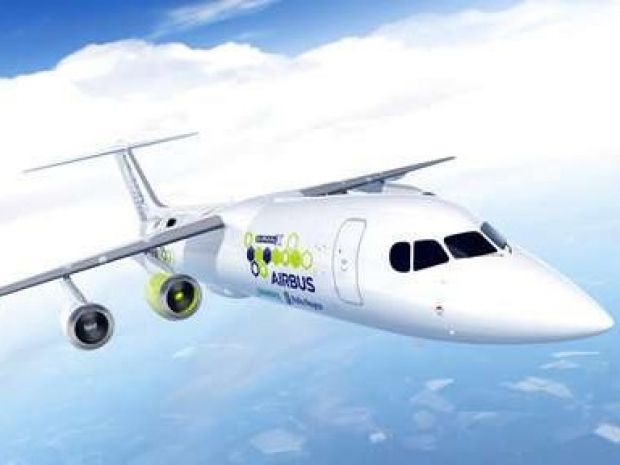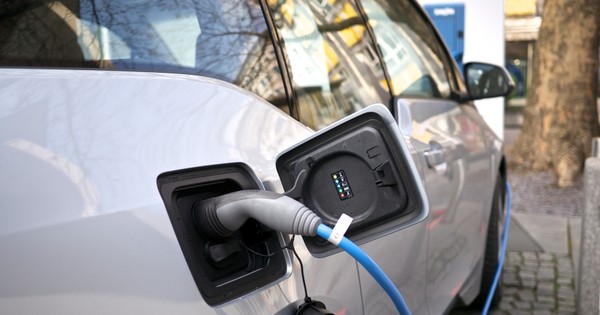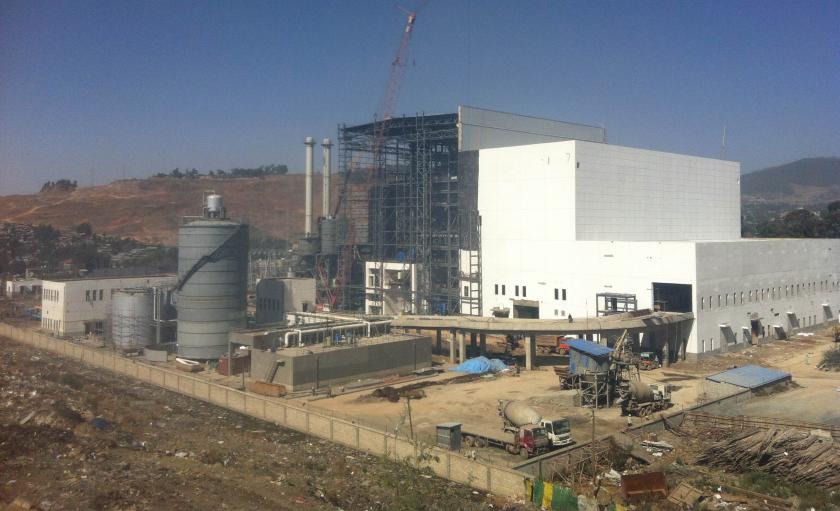
In 2016, the country became the first globally to require supermarkets to donate unsold food to charity, and for restaurants to provide doggy bags when requested, or be subject to fines.

The companies said they were looking ahead to the European Union's long-term goals of reducing CO2 emissions from aviation by 60 percent.

Above and beyond their ability to reduce local air pollution and carbon emissions, electric vehicles are also starting to make a lot of sense financially as well.

The technology could lead to cheaper hydrogen cars in the future.

Danish firm has unveiled the ultra-sustainable Biological House, which was built with green building materials created out of agricultural residues.

Forward has redesigned the primary care experience around data. Visits are holistic and not simply reactive to a specific complaint. Care is designed to catch the signs of chronic conditions.

Copenhagen has a “huge, ambitious target” to reach zero carbon emissions by 2025.

Qantas recently announced it will operate the world’s first bio-fuel flight between the United States and Australia. The Los Angeles to Melbourne flight will take place early next year.

Google is officially off-setting 100% of its energy usage with either wind or solar power. The company signed contracts on three wind power plants in recent days.

SOURCE panels can be installed atop any building just like a standard photovoltaic, but harvests drinking water in addition to solar energy.

Elon Musk wins bet, finishing massive battery installation in 100 days in Australia.

This decision makes Italy the 41st country to ban animals in circuses -- something that countries as diverse as Romania, Mexico, Greece, Singapore, Costa Rica, Taiwan, Iran, and Colombia have already done.

Construction of what would be first ever waste-to-energy plant in Africa is nearing completion. The plant, which is due to begin operating in January, will incinerate 1,400 tons of waste every day.

The action will prevent 10 million metric tons of carbon emissions.

One can sell the unused, clean energy generated by solar panels to their next-door neighbors - it is how a newfangled “microgrid” established in one New York, US neighborhood already works.